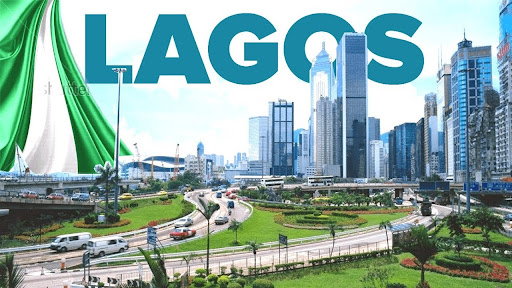Lagos State, located in the southwestern region of Nigeria, has a rich history that reflects a blend of indigenous culture, colonial influence, and post-independence growth. Known as the economic capital of Nigeria, Lagos has evolved over centuries from a small settlement to one of Africa’s largest and most influential cities. Here’s a detailed look at the history of Lagos State:
Pre-Colonial Era
Before European influence, the area now known as Lagos was originally inhabited by the Awori people, a subgroup of the Yoruba ethnic group. According to oral tradition, the Awori people migrated from the Yoruba city of Ile-Ife around the 15th century and settled in what they called Eko. The name “Eko” remains widely used by Lagosians to refer to the city.
The settlement was strategically located on islands and along the coast, making it an important area for fishing, trade, and agriculture. It became a major trading post for salt, spices, and later, slaves.
Portuguese Arrival
Lagos got its current name from the Portuguese explorers who arrived in the late 15th century. The Portuguese named the area “Lagos,” which means “lakes” in Portuguese, because of its numerous waterways. By the 16th century, Lagos became a significant hub for the transatlantic slave trade, controlled by various local chiefs who collaborated with European merchants.
British Colonial Period
The British, concerned with their economic and political interests in West Africa, began to exert influence in Lagos in the 19th century. In 1851, the British attacked and occupied Lagos, primarily to end the slave trade and replace it with legitimate trade in goods such as palm oil. In 1861, Lagos was formally annexed by the British Empire, becoming a crown colony. This marked the beginning of British colonial rule, which would last until Nigeria gained independence in 1960.
During the colonial period, Lagos was developed as an administrative and commercial center. Infrastructure such as railways, roads, and ports was built to facilitate trade, and Lagos became one of the most important cities in British West Africa.
The Amalgamation of 1914
In 1914, Lord Frederick Lugard, the Governor-General, amalgamated the Southern and Northern Protectorates of Nigeria along with the Lagos Colony to form the Colony and Protectorate of Nigeria. Lagos was selected as the administrative capital of the new entity.
Lagos as Nigeria’s Capital
After Nigeria gained independence from Britain in 1960, Lagos continued to serve as the country’s capital. The city played a significant role in Nigeria’s early political development and housed government institutions, including the federal ministries and parliament.
Creation of Lagos State in 1967
In 1967, during the military regime of General Yakubu Gowon, Nigeria was divided into 12 states to replace the existing regions. This restructuring led to the creation of Lagos State on May 27, 1967. The newly formed state included the metropolitan Lagos area and surrounding settlements. Lagos also maintained its status as the capital of Nigeria until 1991, when the capital was moved to Abuja.
Economic and Demographic Expansion
Lagos witnessed rapid economic growth and urbanization throughout the late 20th century. Industries, banks, and multinational companies set up operations in Lagos, turning it into Nigeria’s financial and commercial hub. As a result, Lagos attracted large numbers of migrants from different parts of Nigeria and beyond, seeking employment and opportunities.
The state’s population explosion also led to the expansion of neighbourhoods and the creation of new towns. Lagos today is known for its diverse population, representing virtually all ethnic groups and cultures in Nigeria.
Lagos State Government and Administration
Lagos State consists of 20 Local Government Areas (LGAs), with its administration overseen by an elected governor and other officials. The state has invested heavily in infrastructure, transportation (including the development of the Lagos Light Rail project), education, and health services to accommodate its fast-growing population and boost economic development.
Lagos Today
Lagos remains Nigeria’s most populous and economically significant state. Despite challenges such as traffic congestion, housing issues, and pressure on infrastructure, Lagos has a reputation for resilience, innovation, and cultural vibrancy. The city plays a critical role in shaping Nigeria’s politics, arts, and economy.
Conclusion
The history of Lagos State illustrates a journey of transformation and growth from a small settlement of the Awori people to the bustling megacity it is today. Its significance has endured through centuries of trade, colonial rule, independence, and modern development, making it a city of great historical and contemporary importance in Nigeria.
For additional information about Lagos State’s history and governance, you can visit the Lagos State Government’s official website.
